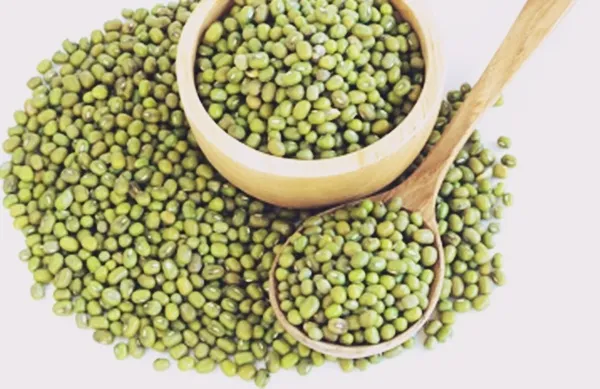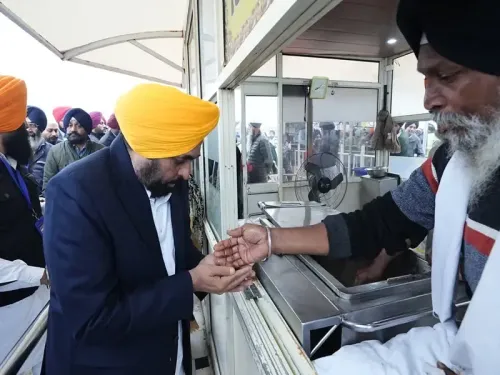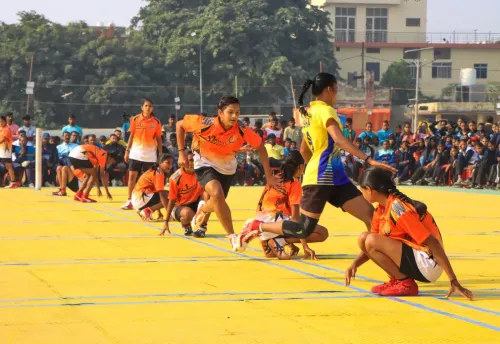Has the Centre Approved the Purchase of Moong from Farmers under the Price Support Scheme?

Synopsis
Key Takeaways
- 54,166 MT of moong approved for procurement.
- Targets farmers in Haryana, Uttar Pradesh, and Gujarat.
- Extension of procurement period for red gram in Andhra Pradesh.
- Supports 100% state production for tur, urad, and masur.
- Part of PM-AASHA initiative to ensure fair prices for farmers.
New Delhi, June 12 (NationPress) The government has given its nod for the acquisition of 54,166 metric tonnes (MT) of moong under the price support scheme from farmers in Haryana, Uttar Pradesh, and Gujarat for the summer crop season 2025–26. This initiative is part of the Centre’s strategy to boost the production of pulses across the nation.
Additionally, the government has sanctioned the procurement of 50,750 MT of groundnut under the price support scheme (PSS) in Uttar Pradesh for the upcoming summer crop season.
Union Minister of Agriculture and Farmers’ Welfare Shivraj Singh Chouhan has also approved an extension of the procurement period for red gram in Andhra Pradesh by an additional 15 days until June 26, prioritizing the interests of the state’s farmers.
To motivate farmers and enhance domestic pulse production while minimizing reliance on imports, the government has authorized the procurement of tur (arhar), urad, and masur under the PSS up to 100 percent of the respective state’s production for the procurement year 2024–25.
Furthermore, the Union Budget 2025 has outlined the continuation of this program for an additional four years, extending to 2028–29. During this period, procurement of these pulses will be executed up to 100 percent of state production through Central Nodal Agencies like NAFED and NCCF, aiming for national self-sufficiency in pulse production.
The Government of India is executing the integrated scheme Pradhan Mantri Annadata Aay Sanrakshan Abhiyan (PM-AASHA), which includes the Price Support Scheme (PSS), Price Deficiency Payment Scheme (PDPS), Market Intervention Scheme (MIS), and Price Stabilisation Fund (PSF). The primary goal of this initiative is to guarantee assured and profitable prices for farmers' produce, thereby safeguarding their income and securing their livelihoods against market volatility. The PSS is activated when market prices of notified pulses and oilseeds drop below the declared Minimum Support Price (MSP) during peak harvesting times, ensuring farmers receive a fair price.










